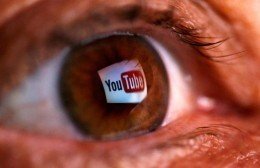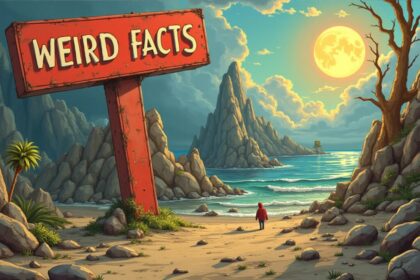YouTube

The cheaters started to operate the partnership program almost from the very beginning, and the YouTube administration finally paid attention to them. She says that by now the company has closed “hundreds of thousands of channels that violate the rules.” Apparently, this is not enough, and violations continue on a large scale. So now for reinsurance the rule of the minimum number of views is accepted. The administration believes that 10,000 views are sufficient to determine if the channel breaks the rules or not. At the same time, such a minimal limit ensures that the restriction does not affect the really valuable partners that create high-quality content. It is important to emphasize that the restriction has no retroactive effect, that is, no one will withdraw the money earned from channels with less than 10 thousand hits.
In the near future, a special channel moderation system will be put into operation, which scored 10 thousand views and claim to be included in the partner program. While the moderators do not check that the channel complies with the rules, advertising on it will not be displayed.
 Why did YouTube decide to toughen the rules of participation in the partnership program? The reason for this is the activity of modest marketer Eric Feinberg, whose company Gipec (Global Intellectual Property Enforcement Center), by the way, in December 2016 received a patent for a “computerized system and a method for identifying fraudulent and harmful enterprises.” Feinberg “invented” an automatic system for finding sites and videos that correspond to a group of hatreds and communities, for keywords such as “kill Jews”. He actively published links and screenshots of such sites and videos on YouTube, which successfully earn by placing ads including famous brands.
Why did YouTube decide to toughen the rules of participation in the partnership program? The reason for this is the activity of modest marketer Eric Feinberg, whose company Gipec (Global Intellectual Property Enforcement Center), by the way, in December 2016 received a patent for a “computerized system and a method for identifying fraudulent and harmful enterprises.” Feinberg “invented” an automatic system for finding sites and videos that correspond to a group of hatreds and communities, for keywords such as “kill Jews”. He actively published links and screenshots of such sites and videos on YouTube, which successfully earn by placing ads including famous brands.
This caused a real revolution among advertisers. They were accused of literally financing terrorism, racism, fascism and other sins.
Mr. Feinberg did not hide that he hopes to sell / license his technology to automatically detect “hateful” content of Google or other companies. To this end, he fanned scandals and showed examples of companies that are advertised in racist and other disgusting videos. In the US, companies are very afraid of such accusations. One after another, large advertisers suspended their advertising campaigns to avoid accidentally falling into a scandalous story.
As a result, YouTube was forced to toughen the verification of the content on which the advertisement was placed. Google on the official blog promised that it will recruit more people who will follow the rules to prevent the appearance of advertising on pages with inappropriate content. But Mr. Feinberg says that Google will not do anything unless they violate his patent for the automatic search for specific phrases that incite hatred.
Experts doubt that the “inventor” will be able to prove in court the capacity of his patent, because Verification of content for compliance with rules is normal and natural activity of companies, and such monitoring on YouTube is conducted at least since 2015. But Feinberg still believes that Google and other companies have a sense to license his technology, because over the years he has “compiled a database of thousands of words and phrases that are associated with vile activity.” For example, one of these words is the Serbian word “khanva”, which correlates with the activity of jihadists.
The businessman sets a goal not only to earn money on a patent, namely to end this “nefarious” activity on the Internet, and therefore offers to license the technology not to advertisers, but to sites that host content.
Interestingly, Eric Feinberg himself is not connected with the industry Advertising on the Internet, search technologies or IT. For many years he was engaged in advertising sports events, fighting counterfeit sports attributes, etc. But two years ago, after a terrorist attack in the editorial office of the newspaper Charlie Hebdo, he drew attention to the activity of “hate groups” on the Internet. The fight against this evil became the main business of Feinberg.
His activity led to unexpected consequences. Right now, YouTube has disabled ads on channels with fewer than 10,000 views – you could hardly expect such a step (although YouTube says it planned it back in November). According to the Internet company Pex, approximately 164.5 million channels or 88% of all channels have less than 10,000 views, although they gave less than 5% of the total of 13.2 trillion views on YouTube all the time.
Some believe that from YouTube it’s just a brilliant move. They disconnected 88% of the channels from advertising, that is, they got rid of 88% of the problems in one fell swoop. Advertisers pay for advertising on YouTube from $ 7 to $ 10 for 1000 views, so from a financial point of view, the authors lost not that much money, Google’s losses will not be too serious either.








